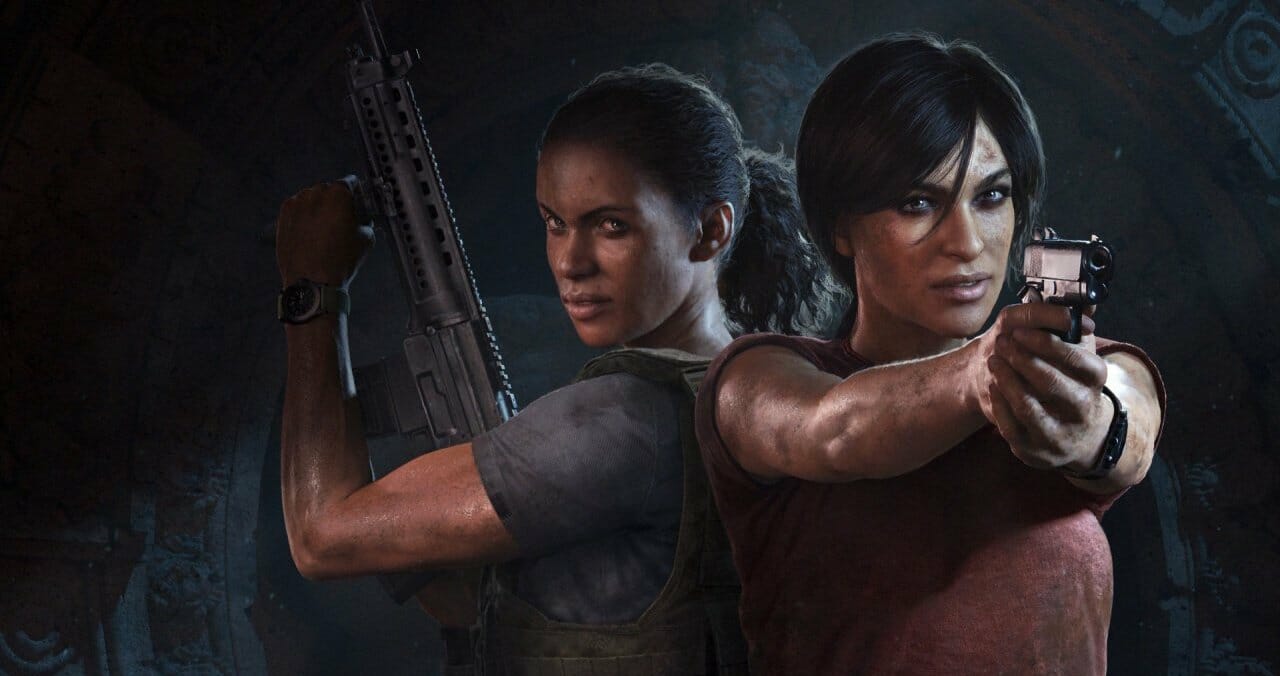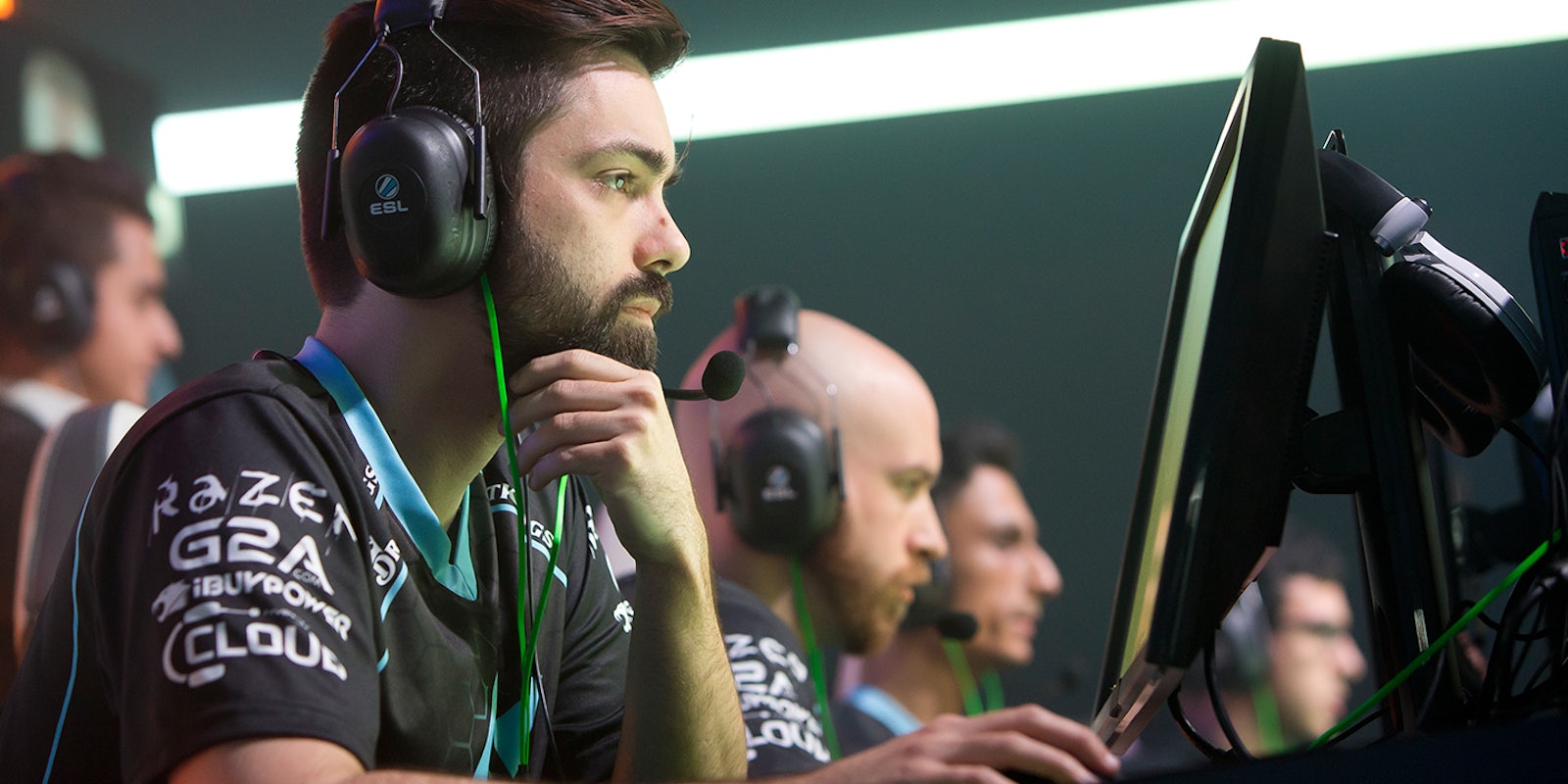For all the innovations Silicon Valley has brought us, it has long struggled to make itself as diverse as the rest of the country. A new report suggests these diversity problems aren’t limited to traditional tech companies like Google and Facebook. Video game companies are in bad shape too.
The study from the International Game Developers Association says the prototypical game industry worker is “a 32 year old white male with a university degree who lives in North America and who does not have children.” It seems to indicate the video game industry could use an influx of women and minorities to better reflect society at large.
The findings
Let’s dig into the study’s specific findings. Of the people who responded to the survey, 74 percent identified as male, 21 percent as female, and four percent as transgender or other.
In terms of race and ethnicity, 68 percent identified as white/Caucasian/European, while 18 percent identified as East/South East Asian, and five percent as Hispanic or Latino. Only 1 percent identified as Black/African American or African. The report notes the relatively high number of East/South East Asian respondents in this year’s survey is due to more participants from Taiwan, rather than from changes to hiring practices within Western parts of the industry.
As with any survey, these statistics could be skewed based on who, exactly, responded. (You can read more about the participants here). So, perhaps the more significant findings come from how those participants view diversity within the industry. While 81 percent of respondents considered diversity in the workplace as “very important” or “somewhat important,” only 42 percent felt the industry had increased in diversity over the past two years.
In terms of discrimination, 14 percent said their companies had no policies at all for diversity or equality. Only 26 percent said their company had a “formal complaint procedure” in place. A quarter of the respondents didn’t know if their company had policies related to diversity.
And if those numbers sound bad, only 54 percent of the survey takers felt that the policies were adequately enforced at their companies. In response to the question, “Do you feel there is equal treatment and opportunity for all in the game industry?” half of the respondents answered “no.”
Is there hope?

While game companies may be slow to diversify their ranks, the games themselves seem to be heading in a more diverse direction. A number of last year’s biggest games starred women and/or people of color, including Assassin’s Creed: Origins, Uncharted: The Lost Legacy, Star Wars: Battlefront II, Gravity Rush 2, Horizon: Zero Dawn, Hellblade: Senua’s Sacrifice, Life is Strange: Before the Storm, and Nier Automata.
Not that that excuses the largely white and male makeup of the companies making these games, or the concerns these people have about their industry. To make diverse games that speak to a diverse audience, we need diverse game makers. Let’s hope the industry does better in 2018 and the years to come.


